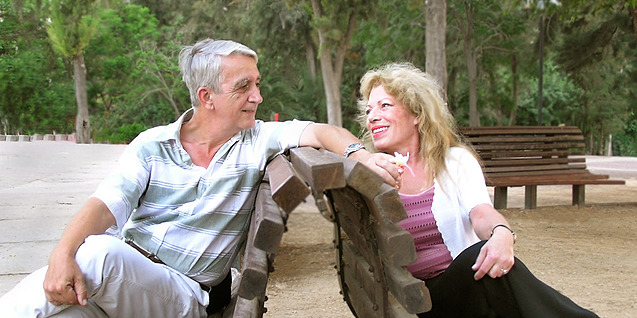After having worked so hard for so many years, it is now time to reap the rewards. Retirement!
Obviously, it is much easier to experience a happy, comfortable retirement when health is not a problematic issue.
To maintain it and ensure that you can take advantage of life at its fullest, you can take concrete steps each and every day.
Here are some tips for physical and mental health:
- A healthy diet. A healthy diet is essential to feeling well and enjoying life to the fullest. Recent surveys show that most older adults do not eat enough grain products, milk products, and vegetables and fruits. Eating too little of these foods can leave you tired, more prone to illness, and perhaps even at increased risk of heart disease, cancer, diabetes and osteoporosis.
- Physical exercise. Being physically active not only strengthens your body, it also makes you feel good about yourself. When you are physically fit, daily tasks can be accomplished with greater ease and comfort, and with less fatigue, thus prolonging independent living. Older adults should consider weight-bearing physical activities to reduce the rate of bone loss associated with osteoporosis, and help maintain strength, flexibility, balance, and coordination. Physical exercise also slows the effects of aging and helps people maintain cognitive abilities well into older age
- Exercise your mind. Exercise, curiosity, and leisure activities have each been proven to enhance mental wellness. Research has consistently shown that physical exercise protects against depression and that leisure activities such as reading, playing board games or musical instruments, and dancing enhance brain functioning and decrease the risk of dementia.
References:
- Cornwell B, et al. The social connectedness of older adults: A national profile. American Sociological Review. 2008; 73:185.
- Qualls, S. & Abeles, N. (Eds.). (2002). Psychology and the aging revolution: How we adapt to longer life.
- Role in Health and Illness. American Psychological Association, Washington, DC.
- Yogev, S. (2012). A Couple’s Guide To Happy Retirement: For Better or Worse (2nd ed). McGraw-Hill, NY.













